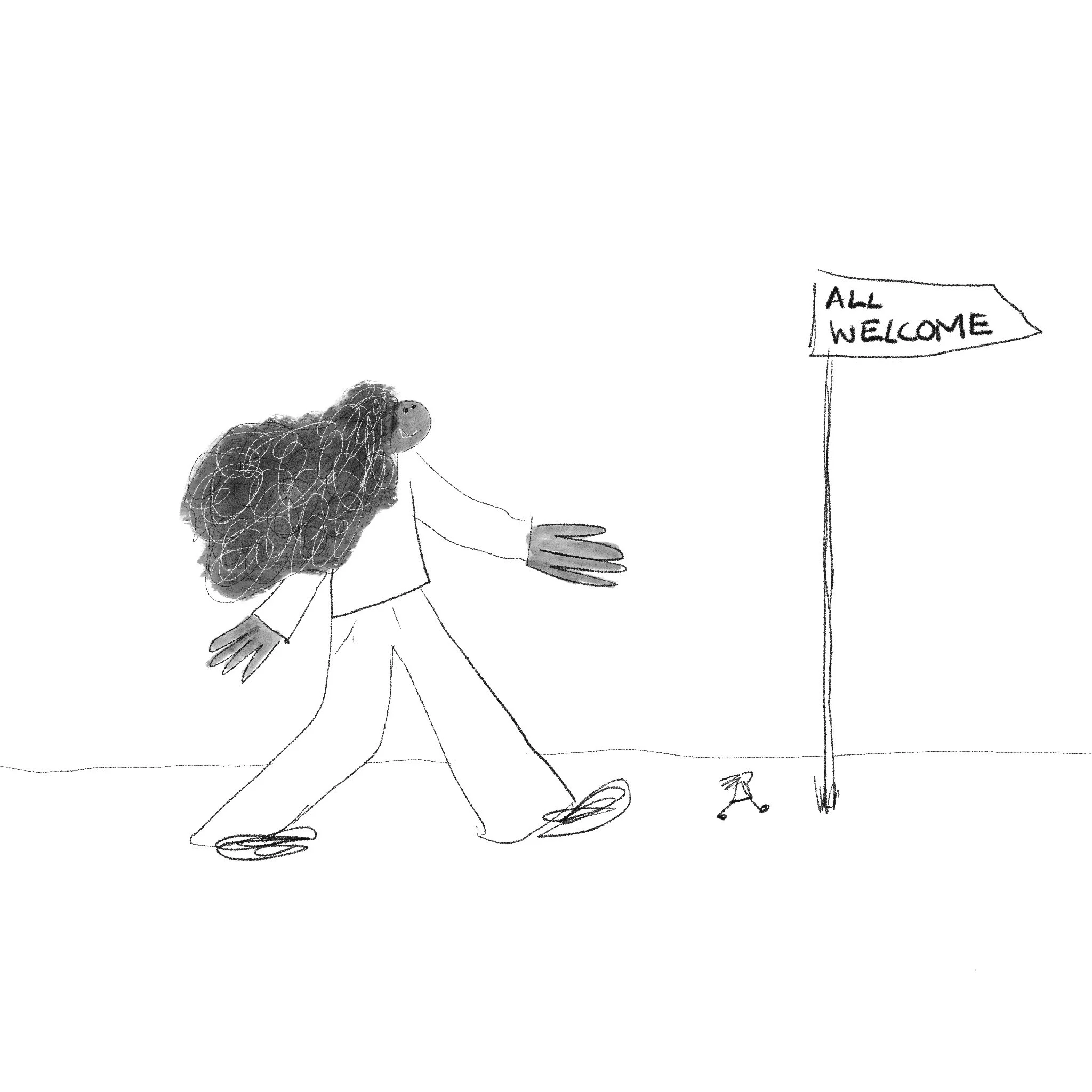Know better, to do better.
Explore Positive Change: Insights for Understanding Race & Inclusion.
My guest this week is Dr. Robin DiAngelo, an Affiliate Associate Professor at the University of Washington, whose books, academic articles, and extensive work as a consultant and educator address racial and social justice issues. She is notably the author of "White Fragility," a pivotal work in shaping international dialogues on race and racism.
Robin's perspective offers a profound exploration into race and racism, particularly focusing on the role of white individuals in confronting and addressing these deep-seated societal issues. Her insights challenge us to break the silence surrounding injustice and to actively work towards understanding how racism permeates our behaviours. This commitment, according to Robin, is vital for creating a more equitable world.
In the interview, Robin explains concepts like white privilege and white supremacy, emphasising their interconnectedness. She highlights how these ideologies are embedded in societal institutions and norms, advantaging white people while perpetuating struggles for others. Robin's discussion of white fragility, a term she popularised, sheds light on the defensive responses often encountered when racial advantage or white privilege is acknowledged or challenged.
Her journey from practice to theory, transitioning from workplace diversity training to academia, reflects her commitment to disseminating her learnings on a larger scale. Robin's experiences, particularly in facilitating conversations about race with predominantly white groups, have significantly influenced her work and writing.
One key aspect Robin stresses is the need for white people to move beyond the binary view of racists as exclusively malicious individuals. She argues that racism is systemic, and its impact can be unintentional yet still harmful. This calls for a shift in understanding racism from a simplistic moral judgment to recognising it as a complex, pervasive social structure.
She also discusses the importance of self-education in racial matters, especially for white individuals. She recommends resources and books, including works by Reni Eddo-Lodge and Carolyn Elkins, to deepen understanding of racial history and its present-day implications.
An interesting point raised in the interview is the parallel drawn between understanding sexism and racism. Robin suggests that recognising our own experiences with sexism can be a starting point for empathising with racial injustices, though she warns against using this as an excuse to avoid addressing racial issues.
In conclusion, Robin's work and insights provide a crucial perspective for those seeking to engage more deeply with issues of race and racism. Her emphasis on continuous learning, self-reflection, and active participation in anti-racist efforts is a call to action for creating a more just and equitable society.
Based on Dr. Robin DiAngelo's insights, here are 10 actionable steps for better understanding and addressing racial issues:
Acknowledge White Privilege: Recognise the advantages that come with being white in society.
Understand Systemic Racism: Learn how racism is embedded in social systems, not just individual actions.
Educate Yourself: Read books and resources on racial history and current racial issues.
Listen to Diverse Voices: Pay attention to the experiences and perspectives of people of colour.
Reflect on Personal Biases: Regularly assess and challenge your own prejudices and stereotypes.
Engage in Difficult Conversations: Don't shy away from discussing race and racism, even when iy feels uncomfortable.
Support Anti-Racist Policies and Leaders: Advocate for and vote for policies and leaders who fight racism.
Amplify Voices of People of Colour: Share and elevate the stories and works of racial minorities.
Participate in Diversity and Inclusion Training: Attend workshops and seminars to enhance your understanding.
Commit to Continuous Learning: Understand that understanding and addressing racism is an ongoing process.
Each of these steps involves a commitment to both personal growth and active engagement in societal change. When we know better we do better, and that benefits everyone. We can create a more equitable world in which we all get to thrive.
PS. Listen HERE to ROBIN’s journey on BRAVE NEW GIRLS podcast to hear how she helps us help the planet.
PPS. Start planning your own podcast with our free podcast planning workbook HERE



